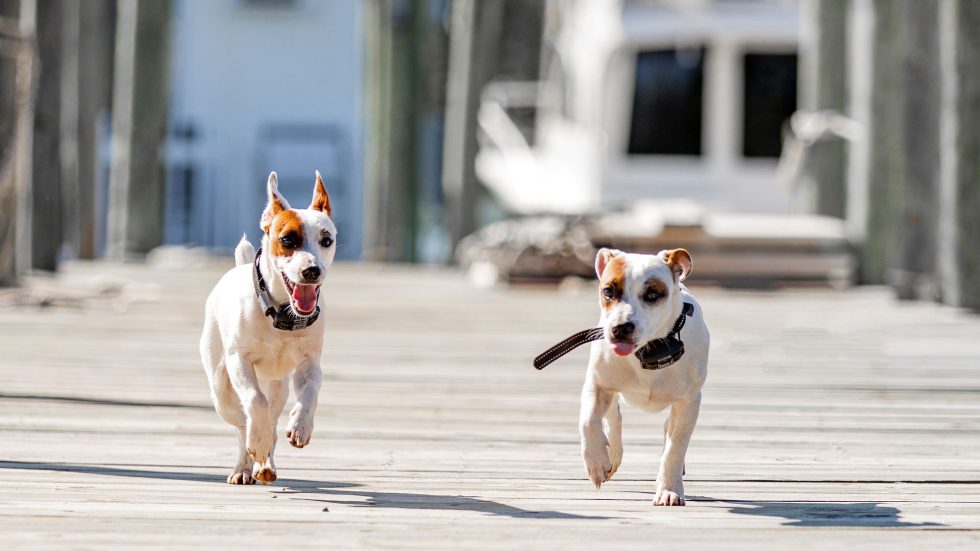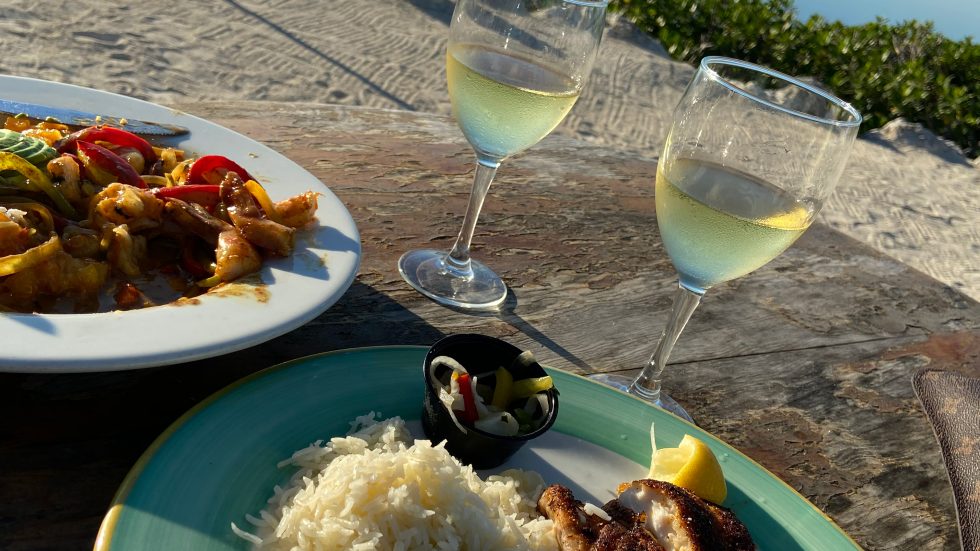Confidence and experience at the helm can make all the difference in your boating, whether on lakes, inland rivers or offshore in the Gulf, and in varying types of weather. Often, stuff happens because the more novice, or even a fairly seasoned boater, is operating under a false sense of security. BoatUS Foundation Director of Education Amanda Suttles Perez summed it up pretty well saying, “We all learn to some degree by trial and error. The problem is that sometimes these unique waterways don’t leave much room for error.”
Statistics have remained mostly constant that a high percentage of boating fatalities occurs on boats where the operator had not received formal boat safety training, according to the National Transportation Safety Board. This alone should encourage you to get out and take a hands-on boating course or captain’s class. There is so much information out there that a primer may be helpful in what an attendee can expect from some of the classroom-based courses and often-included on-water demonstrations. Several are familiar with boaters for providing basic skills plus the more advanced sail and power courses and seminars. Have questions? Ask the experts. Even lifelong boaters can have endless questions.
US SAILING provides advanced educational courses and seminars taught around the country by instructors it certifies. Executive Director Jack Gierhart notes that his group has been working with the Coast Guard in developing uniform standards for courses of instruction, which are expected to be finalized by 2015. Its popular Safety-At-Sea seminars are instructive in many aspects of sailing, including what gear to deploy in deteriorating weather conditions — particularly when other techniques are not sufficiently effective. According to its program volunteer coordinator, attendees receive handouts covering each topic presented by well-known seminar moderators. Gulf cruisers may be especially interested in a one-day program to earn “Near Coastal Safety at Sea Certification.” www.sailingcertification.org
U.S. POWER SQUADRONS is celebrating its 100th year in 2014. Its mantra is “practical practice makes perfect,” and it offers Advanced Grade Courses for sail and power boating in seamanship (includes anchoring and rafting), piloting, navigation, adverse conditions, communications afloat plus the all-important laws (including state-specific Good Samaritan laws), regulations and Rules of the Road, and real case examples — think “lessons learned” here. The teachers are well trained through an established network. Extensive instruction time is of great benefit in understanding how boats behave and why and how they respond to controls with the help of animations, videos and graphics-based text that assist in explaining boat actions and maneuvers.
The organization notes that, by the time participants get to the on-water phase, they know what to expect rather then dealing with, again, trial and error. Heavy emphasis is placed on close-quarters maneuvering and also learning how to make tight turns, hold position in wind and current, and execute quick stops. The USPS maintains appropriate insurance on the boats, instructors and participants in this program. www.usps.org
U.S. COAST GUARD AUXILIARY provides an extensive Boating Skills and Seamanship course. Its day-long “About Boating Safety” program is particularly worthwhile for newer boaters. www.cgaux.org
CRUISING COUPLES COURSES are directed at boaters who desire an on-water, hands-on learning experience. Jeff Grossman and Jean Levine operate Two Can Sail, Inc. based in Punta Gorda, Fla. The majority of their students are coastal sailors. www.twocansail.com
For all you Southwest Florida cruisers who love dipping your hull into the occasionally challenging Gulf waters, popular boating life author Barb Hansen is co-founder of Florida Sailing & Cruising School in Ft. Myers. It provides quality liveaboard sail and power yacht instruction. Its Basic Power Boating P101 course is hands-on, with the objective of teaching the operation of a 30- to 40-foot vessel under inland cruise conditions, actions required by the inland navigation rules, along with two dozen other critical objectives and identifying components of the propulsion system. www.flsailandcruiseschool.com
Another Florida school since 1964 is Steve and Doris Colgate’s Offshore Sailing School, which has a Fast Track week of learning and fun. www.offshoresailing.com
John Kretschmer and his JK University is a good bet for sailing soloists and couples. With three decades of experience, along with a staff accomplished on the Gulf and Great Lakes, he has informative in-person workshops and is a veritable wealth of information for any boater, even if not making long distance passages. www.yayablues.com
PRIVATE CAPTAIN’S SCHOOLS such as the Dayton, Ohio-based True Courses, Inc., provides captain’s classes and various refreshers, along with a specialty First Mate Course at various marinas, including Green Turtle Bay Resort & Marina at Grand Rivers, Ky.
Its managing partner, the highly experienced Capt. Ron Getter, said, “The Coast Guard requires us to instruct certain points during the 56-hour [captain’s] class; however, we find that this can be accomplished in less than the required time, allowing us to expand the education to practical applications beyond the required classwork.”
At East Coast and Great Lakes locations, he also has a two-day short “Skipper’s School” course. His female 2013 Captain of the Year, Bev Reed, is sometimes available, which is a definite plus for female co-captains and first mates.
Trawler folks might ask for a referral to a captain’s school from Karen and Ken Schuler of Trawlers Midwest (www.trawlersmidwest.com) Ken has crossed Lake Michigan more than 80 times in various sized trawlers, and both he and Karen having tons of experience to share.
There are also some manufacturers that present instructional, informative seminar presentations at boat shows and offer detailed educational DVDs for sale and encourage questions by phone or email, like the knowledgeable folks at Fiorentino Para-Anchor and Shark Drogue (www.para-anchor.com).




